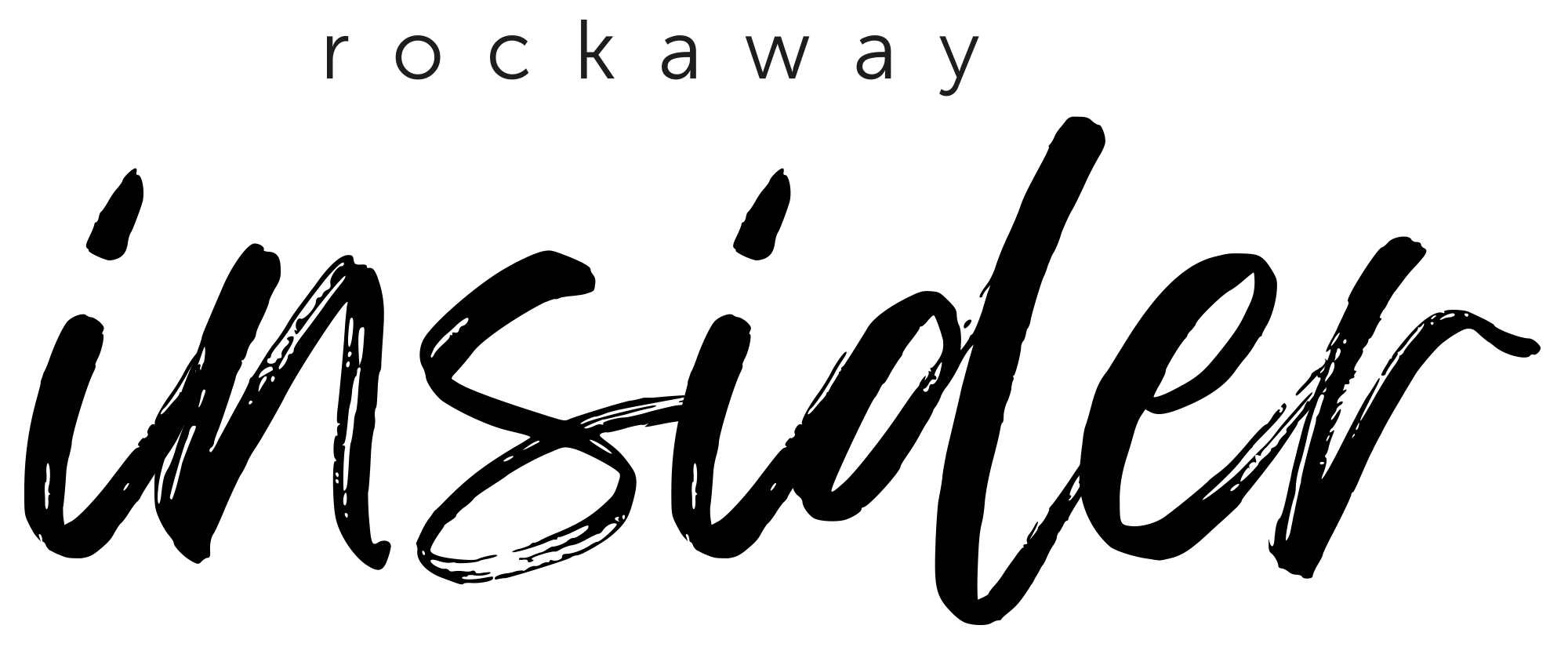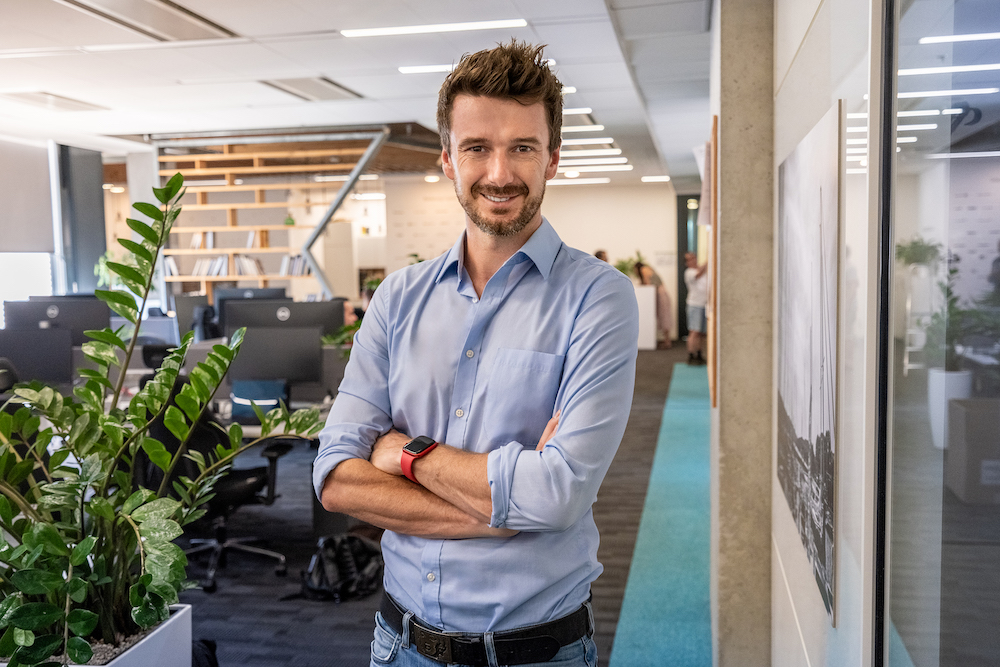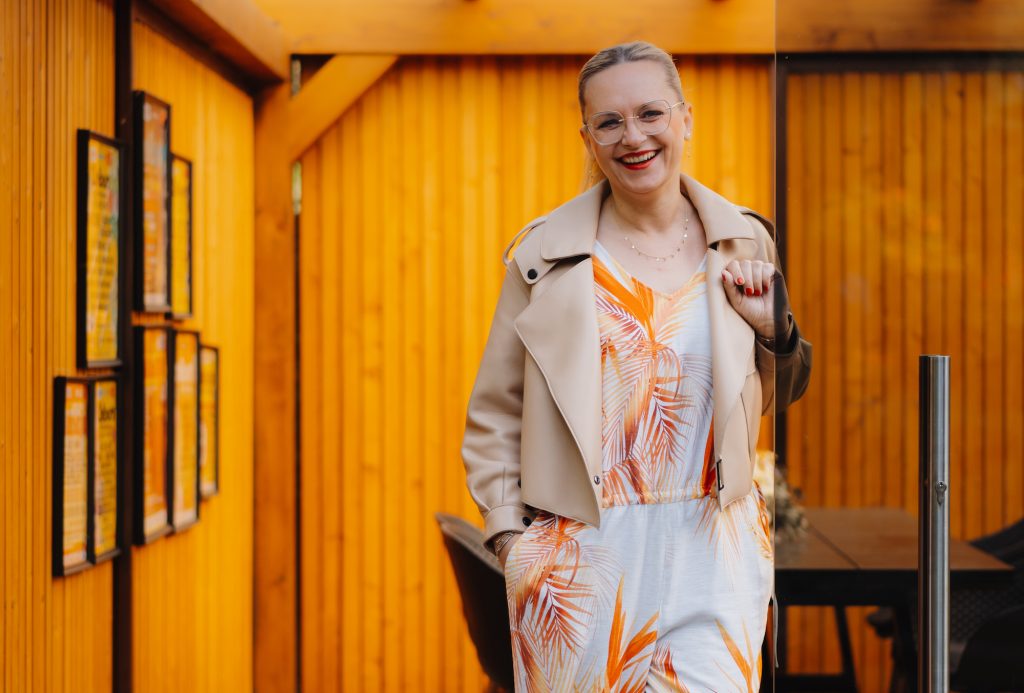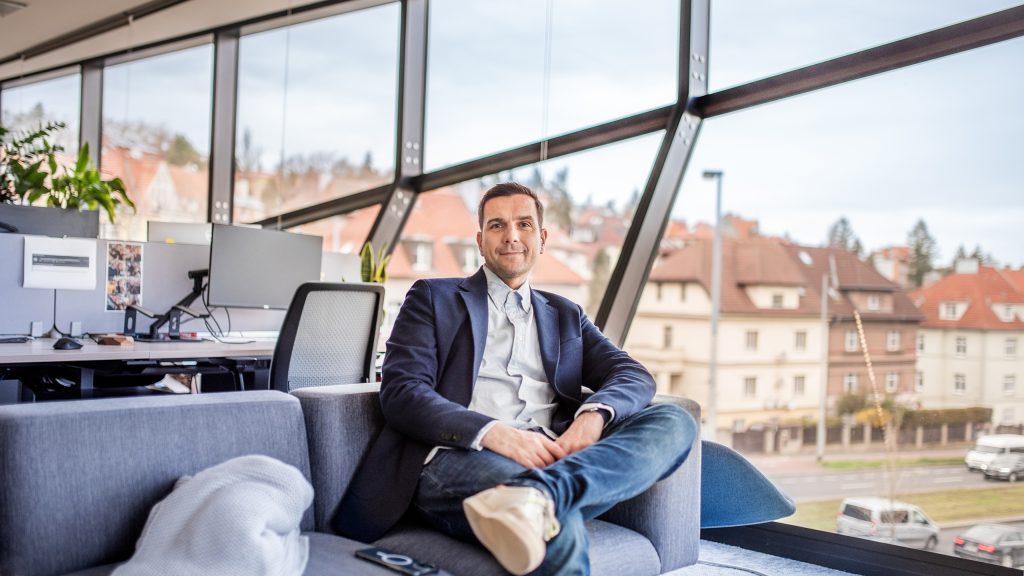All newsRockaway Insider with Daniel Mareš, CEO of WEDO: What I like most now are roads that are straight, long, and seemingly endless, when I don’t have to worry about the route at all
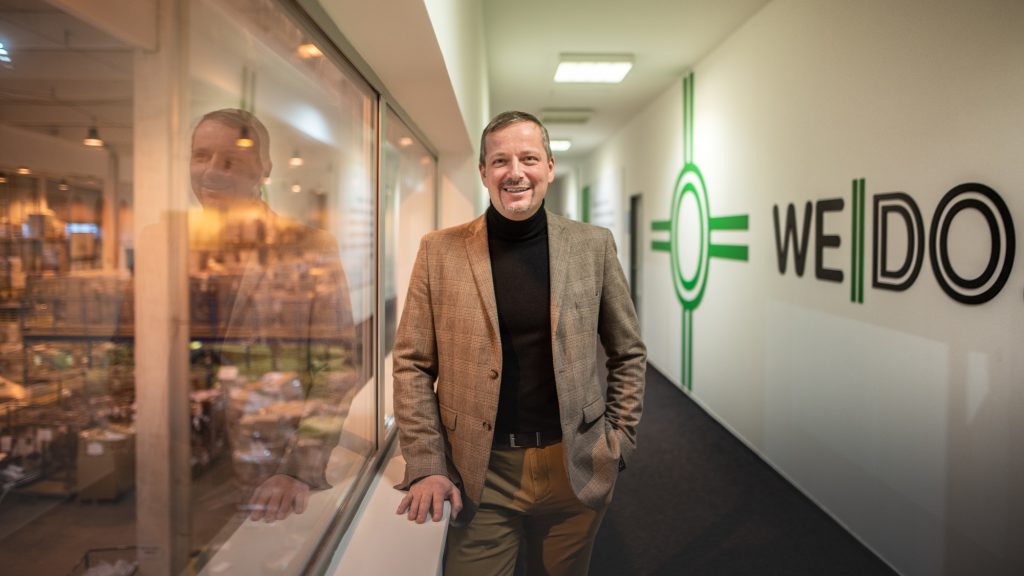
Last year, Daniel Mareš became the head of InTime, only to then put CEO of WEDO on this business card. WEDO is based on this logistics company, which merged with Uloženka. The year 2020 was therefore a crazy one for Dan for many reasons, and everything was created, worked on, and arranged on the run. Which, by the way, is Daniel’s favourite sport, one that allows to clear his head and sort out his thoughts.
What key thing has 2020 taught you?
That a day can have more than 24 hours and a week more than seven days. From a professional perspective, it was an incredibly fast-paced year, full of intensive crisis management like we’ve never experience before. First, six weeks of on-boarding at InTime, then the spring Covid wave, then a second wave in the fall; it was unbelievably hard, both physically and mentally. It taught me to work intensively, for long stretches at a time, and remotely.
What is the number-one rule that you follow at all costs in your business?
There are several that I follow at all costs. Despite the many years I’ve been in business, I still naively believe that one can do it fairly. I try to deal with everyone on the level, be it people from our team, shareholders, suppliers, carriers, or customers. I’m a straight shooter and I level with people. I never try to engage in politics or have a hidden agenda.
One learns from one’s mistakes. What mistake taught you the most, and what, specifically?
I’m always learning. Experience and wisdom from business and life says that one achieves the greatest mistakes and successes with people and through them. Mistakes that I often regret most and from which I try to learn time and again are those made when dealing with people. I try to pay attention to the people around me, gauge them, and know when to accommodate then, when and how to act, when to be tough. Usually I succeed, and every situation where I misjudge someone is a lesson learned.
The greatest strategic mistake I ever made is kind of funny now: sometime back in 2004, when I was working for a certain consignment company, I had a business meeting with a small company that was just starting out. They wanted us to deliver packages for them to people’s homes. Back then only Czech Post was capable of doing that. But the people from that company weren’t happy with the post office’s services, and told us that they’d like to have a private supplier. At that time we were completely focused on delivery between companies, and they wanted to send on the order of a hundred consignments a day to private individuals. Back then we said no, that our focus was B2B and that we weren’t capable of doing B2C and that we didn’t want to learn how to do it. That company was named Alzasoft (Note: the original name of Alza). Back then we were witnessing the very beginnings of Alza, and I misjudged things. That’s the one moment where, if time could be turned back, I would decided differently, knowing what I know now.
What is your most important piece of advice for new entrepreneurs and start-uppers?
I didn’t come up with this piece of advice, but it’s very wise: Dream big, start small. Don’t engage in pipe dreams, don’t make yourself out from the very first moment to be someone that will change the world and make it big. More precisely: have such dreams, but start with something simpler and smaller, be ambitious, but be realistic. If the small goals are the right ones, they will gradually lead to fulfilment of the dream. Because if from the get-go you want to succeed like Facebook, for example, it won’t work.
And my personal piece of managerial advice: when starting a business, focus on the sense, benefit, and value that the given service wants to offer and brings its customers. Focus on whether it is giving them the most in the best way – and don’t worry so much whether it is profitable or how quickly it’s growing. The economic aspect of things should be a natural consequence of the service you are offering being useful to people, appreciated by them, and helping them.
What do you consider the greatest benefit of your business for society?
Making life simpler for our customers – package recipients. It’s a reaction to the present situation, when the entire world is unavoidably barrelling toward buying on the internet, and the goods can’t get to our home in any other way than by someone delivering them. And it’s not a seamless process, it’s still a problem, in its own way. The customer has to think about which service will deliver the goods most quickly and most reliably; he’s got to do some planning. Our greatest benefit is offering and providing the customer a service that reduces this anguish to a minimum and approximates a seamless model, meaning a problem-free one.
What question are you asked most often, and how do you answer?
“Where’s my package?” I and all of us at WEDO get this question. But seriously: Our company has certain dreams, visions, and plans, which is why the most frequent question posed by colleagues, customers, partners, and journalists is: “When will these plans finally be implemented? When will it finally take place? Why not until three months from now, in a year?” There are a lot of things we want to do, we’ve got an idea of how we want to do them, but we’ve got limited resources – for example time – and so it takes time. And what do my children ask most often? “Dad, what do you actually do all day?” The seventeen-year-old can already imagine what it is, but the younger ones (10 and 13) know where I work and what position I hold, but it’s hard to explain to them what I do. I’m shut away somewhere, I’m always on the phone, answering emails, sitting in meetings. A tricky question.
What life hack helps you most in your work?
At one time I used to go running early in the morning every other day. Currently I’m not doing it, partly out of laziness, partly due to the weather. But running is something I’d recommend, it really clears my head. Yet fifteen years ago I hated it, it seemed boring to me, and when I did force myself to do it, I had to have earphones to take my mind off the stereotypical physical exertion. Gradually I started to enjoy running, and what I like most now are roads that are straight, long, and seemingly endless, when I don’t have to worry about the route at all. The ideal thing is when I run in a straight line for long minutes and hours. It really helps me sort out my thoughts and think about things that I can’t concentrate on in the car or office. And because I forced myself to go running very early in the morning, it kick-starts my entire day and after such a workout, I can concentrate on my work A can really recommend this life hack.
___
![]()
Did you like this interview?
The Rockaway Insider Newsletter is published every second Wednesday morning – subscribe now.
By clicking on “Subscribe” you agree to subscribe to the Rockaway Insider newsletter using the specified e-mail address. You can cancel your subscription at any time directly in the newsletter.
___

